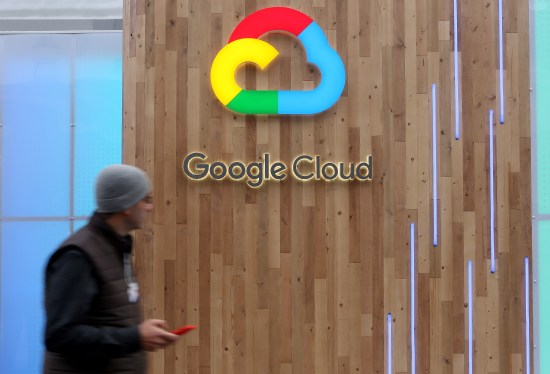Introduction
Google Cloud is set to elevate its security standards with an upcoming update that requires all users of its cloud services to adopt multi-factor authentication (MFA). This move follows a series of data breaches and a growing awareness of the importance of robust security measures in the digital age. The transition, which will begin in early 2025, aims to protect user accounts more comprehensively and ensure that sensitive data stored on Google Cloud remains secure.
Rationale for MFA Implementation
The decision to implement MFA is driven by several factors. First and foremost, the increasing reliance on cloud-based services has exposed users to potential vulnerabilities. Earlier this year, a significant data breach at UnitedHealth revealed how easily passwords could be compromised if only one factor of authentication was used. The breach highlighted the critical need for stronger security measures to safeguard user accounts.
In addition to the data breach, Google Cloud has been actively exploring ways to enhance its security posture. Earlier in 2023, the company announced partnerships with prominent security firms such as Mandiant and CrowdStrike. These collaborations are part of a broader strategy to strengthen encryption, password policies, and authentication mechanisms across all cloud services.
Transition Phases and Implementation Timeline
The transition to MFA will be phased to ensure minimal disruption for existing users while allowing them ample time to adjust. The first phase will involve the introduction of MFA for new sign-ins starting in early 2025. Users who are already Google Cloud members will have the option to opt into MFA during their next sign-in, ensuring a smooth transition without requiring immediate changes.
Users who wish to retain single-factor authentication (SFA) can continue using it until they choose to adopt MFA as well. This phased approach allows for flexibility and ensures that all users are protected at every step of the way.
Impact on Existing Users
The implementation of MFA will have a direct impact on existing users, particularly those who use Google Cloud services. For users transitioning from SFA to MFA, this means an additional layer of security when accessing their accounts. The authenticator app and other tools provided by Google will facilitate the transition process, ensuring that users can continue to access their services without unnecessary inconvenience.
For users who are already accustomed to using MFA across multiple platforms, the transition should be relatively seamless. The same multi-factor authentication process used in banking apps or e-commerce sites will apply to Google Cloud accounts, reinforcing consistency and user trust.
Enhanced Security Measures
The rollout of MFA is part of a broader initiative by Google Cloud to enhance its security framework. This includes:
- Improved Encryption: Utilizing the latest encryption standards to protect data both at rest and in transit.
- Password Complexity Requirements: Encouraging users to create strong, complex passwords as part of their account security strategy.
- Enhanced Authentication Mechanisms: Implementing additional layers of authentication such as biometric authentication and hardware tokens where appropriate.
Addressing Potential Concerns
Potential concerns about the impact of MFA on user experience will be addressed through extensive communication with existing users. Google Cloud has announced a series of resources, including webinars, articles, and live Q&A sessions, to help users understand the changes and how to adapt to them smoothly.
Additionally, Google Cloud’s support teams are available to assist users in transitioning to MFA. Whether it’s setting up multi-factor authentication or troubleshooting any issues that arise during the process, users can expect reliable assistance from Google Cloud’s support network.
Impact of Similar Initiatives by Competitors
The decision to implement MFA follows similar moves by competitors in the cloud security landscape. Earlier this year, AWS announced plans to introduce multi-factor authentication for its services starting later in 2023. Similarly, Microsoft has been exploring enhancements to its Azure security framework, with potential updates to password policies and authentication processes.
These industry-wide trends underscore the importance of robust security measures in maintaining user trust and ensuring the reliability of cloud-based services. Google Cloud’s commitment to MFA aligns with these broader industry developments, reinforcing its position as a leader in secure cloud infrastructure.
Conclusion
Google Cloud’s decision to implement multi-factor authentication marks an important step forward in securing its users’ accounts. By enhancing security measures and providing a smooth transition process, the company aims to protect sensitive data while ensuring that existing users continue to have a seamless experience. As part of a broader strategy to enhance its security framework, Google Cloud is taking proactive steps to safeguard user accounts and maintain trust in its cloud services.
For more detailed information about the MFA implementation and how it will affect your account, please visit Google Cloud’s official website.




